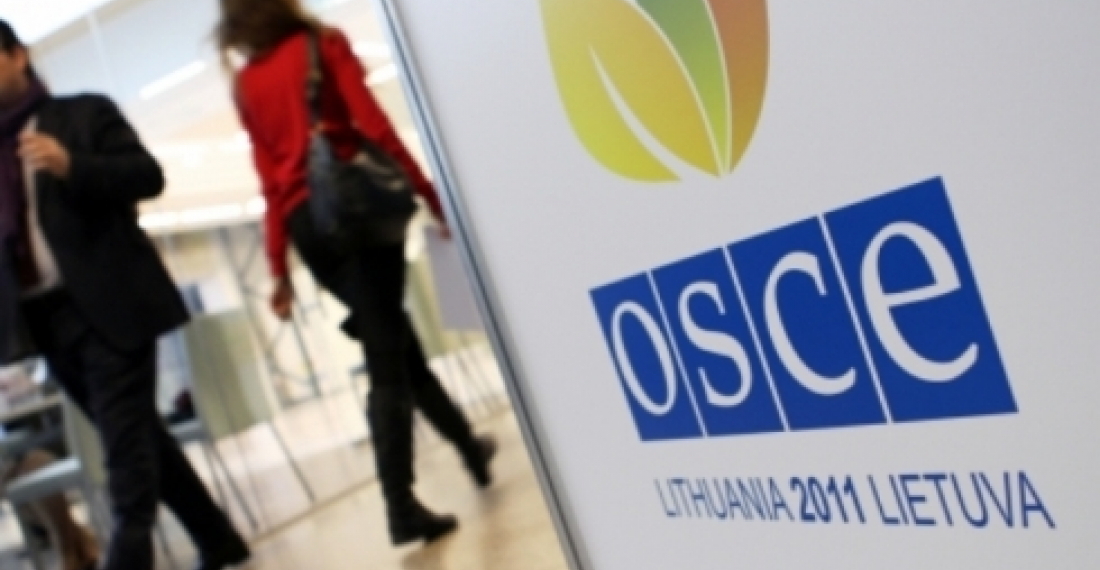On the occasion of the OSCE Ministerial Council Meeting in Vilnius, the Heads of Delegation of the OSCE Minsk Group Co-Chair countries (Foreign Minister of the Russian Federation Sergei Lavrov, Secretary of State of the United States Hillary Rodham Clinton, and Minister for European Affairs of France Jean Leonetti) and the Foreign Minister of Azerbaijan Elmar Mammadyarov and Foreign Minister of Armenia Edward Nalbandian reaffirmed the importance of reaching a peaceful settlement of the Nagorno-Karabakh conflict.
Recalling the November 2008 Moscow Declaration, as well as their countries' statements at the OSCE Ministerial Council meetings in Helsinki (2008) and Athens (2009) and at the OSCE Summit in Astana (2010), the five Heads of Delegation agreed on the need to continue the negotiating process in the format of the OSCE Minsk Group and to improve the climate for making progress towards a peaceful settlement. As one of the steps in this direction, they agreed that further efforts should be made to work on the details of the mechanism to investigate ceasefire violations, which resulted from the joint statement of Presidents Aliyev, Sargsian, and Medvedev at the March 2011 Sochi summit.
Noting the May 2011 statement of their Presidents at Deauville, which urged Armenia and Azerbaijan to finalize the Basic Principles for the Peaceful Settlement of the Nagorno-Karabakh Conflict, the Heads of Delegation of the Minsk Group Co-Chair Countries expressed regret that the parties have been unable to take this decisive step. The three Heads of Delegation reiterated that there can be no military solution to the Nagorno-Karabakh conflict and that the United Nations Charter, the Principles of the Helsinki Final Act, and the elements outlined in the joint statements of their Presidents at L’Aquila in July 2009 and Muskoka in June 2010 offer the way for all sides to move beyond the unacceptable status quo to reach a peaceful settlement. In light of the intensive negotiations conducted since the 2007 OSCE Ministerial Council in Madrid, including at the highest level, the three Heads of Delegation urged the parties to give further careful consideration to the proposals that the Co-Chair countries have provided to them.
The Ministers of Azerbaijan and Armenia expressed their appreciation for the efforts of the Co-Chair countries, including the personal engagement of Presidents Medvedev, Obama, and Sarkozy, in assisting their countries to reach a framework for a comprehensive peace settlement. They informed the Heads of Delegation of the Co-Chair countries that their Presidents are ready to meet again jointly in the near future under the auspices of the Co-Chair countries to continue their direct dialogue, building upon recent experience, on how to bring peace, stability, and prosperity to their peoples.
source: OSCE







